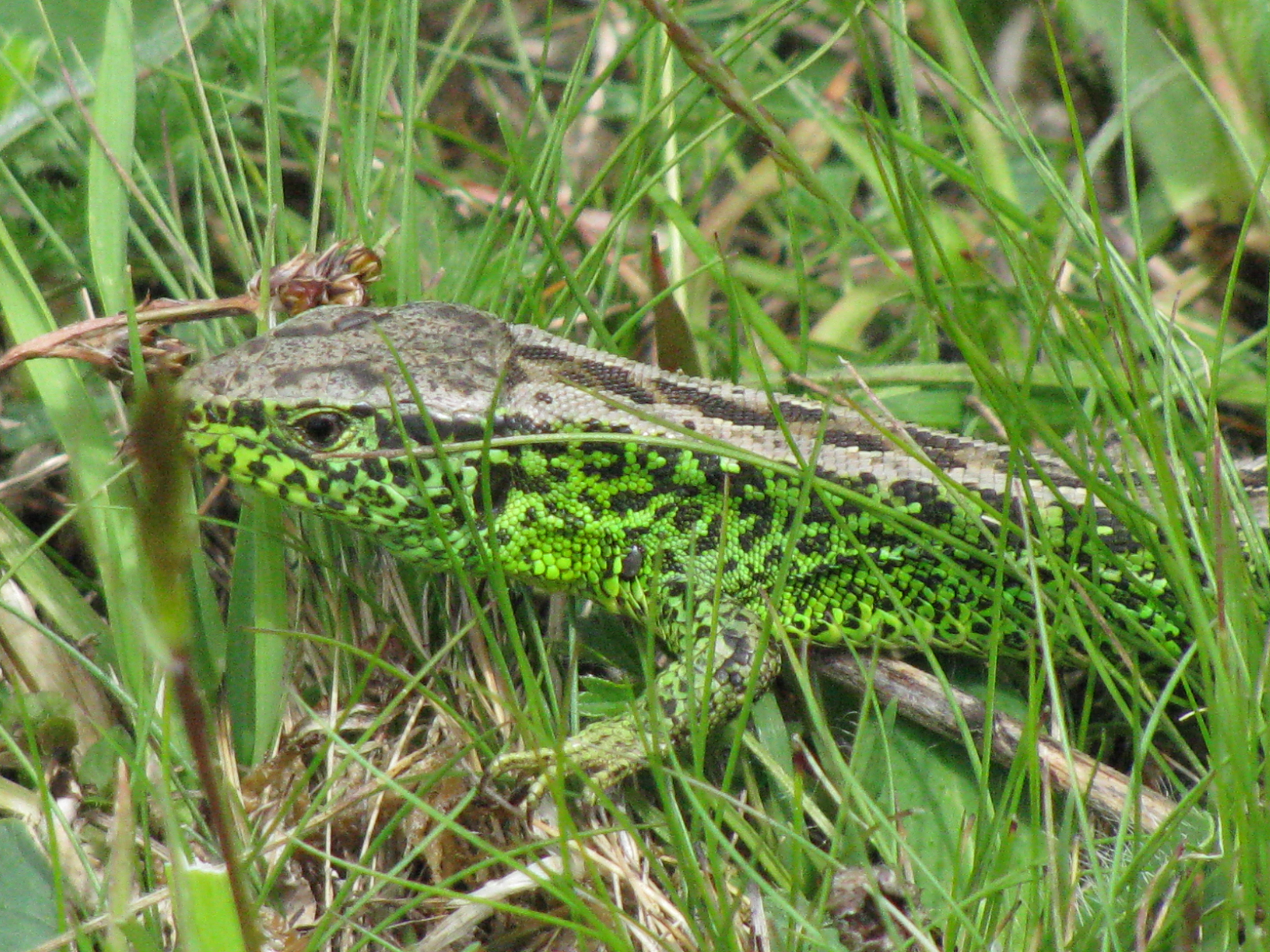This Project is now closed
Final evaluation of the Programme AIESRP (Apoyo a la Integración Económica del Sector Exportador Paraguayo)
| Country | Paraguay |
|---|---|
| Sectors | Rural development and food security |
| Language | English, Spanish |
| Status | Framework |
| CV Deadline | 2017-12-17 (Closed Project) |
| Background | Paraguay’s economic growth continued recording a positive trend, defying expectations that economic crises in Brazil and Argentina would drag heavily on the small open economy. In 2016 the country registered 3.7% GDP growth and the Central Bank of Paraguay expects a steady expansion of 4.2% in 2017. The income increased by 8% annually between 2009 and 2014 and the poverty fell from 41% in 2004 to 28% in 2016 (Encuesta Permanente de Hogares) . In terms of competitiveness, there are slight improvements in the overall position according to the 2016 World Economic Forum. The country is moving toward better performance in key indicators such as the development of the financial market, subscriptions to cellular telephony, and transparency of government policies. The 2017 Doing Business, however, ranked Paraguay 106 out of 190 economies, 4 positions down from the previous year. The main shortcomings of the Paraguayan economy are business infrastructure, institutional strengthening, limited technological innovation and productivity, as well an overall necessity to diversify, in a country which depends heavily on climatic factors for its growth. The macroeconomic fundamentals are sound and the Government has made efforts to improve tax collection and modify the composition of public expenditure towards investment. However, poverty and income inequality remain a major challenge. The informal economy with low quality employment is still dominating. Challenges remain to improve governance, the business climate and formality. In the analysis of the livestock sector, 41% of the total population is engaged in the rural sector and 60% of that percentage is known to be under the age of 30. Over one and a half million of Paraguayans under the age of 30, seeks opportunities to decent job. The average monthly income for the rural population is lower than the urban one by 25%. In relation to the situation of animal health in the country, Paraguay is declared free of foot-and-mouth disease with vaccination. To maintain this sanitary status, the country allocates most of its zoosanitary resources in the fight against this disease, having clear imbalances in the fight against bovine tuberculosis and brucellosis and other species’ diseases. Through the AIERSP programme (Support to the economic integration of Paraguayan rural sector – EU contribution €4.784.000.00) the EU has contributed to the economic integration of the Paraguayan rural sector in national and international markets. The specific objective of the intervention is to improve the competitiveness of three value chains (poultry, pork, and bovine milk) and their capacities to meet national and international market requirements by strengthening capacities of producer organisations and public institutions. |
| Objectives | The main objectives of this evaluation are to provide the relevant services of the European Union, the interested stakeholders and the wider public with:
In particular, this evaluation will serve to understand the performance of the Action, its enabling factors and those hampering a proper delivery of results in order to adjust its design or implementing modalities. |
| Activities | The evaluation will assess the Action using the five standard DAC evaluation criteria, namely: relevance, effectiveness, efficiency, sustainability and impact. In addition, the evaluation will assess two EU specific evaluation criteria:
The evaluation team shall furthermore consider whether the following cross-cutting issues: youth, gender equality, investment and trade, good governance; were taken into account in the identification/formulation documents and the extent to which they have been reflected in the implementation of the Action and its monitoring. |
Project Position
| Position | Expert 1 |
|---|---|
| Qualification |
|
| Required Experience |
|
| Estimated Manpower | 32 WD |
| Mission Begin | Mid-February 2018 |
| Mission End | Mid-June 2018 |
| Contact | Gabrielle Le Ménahèze |

